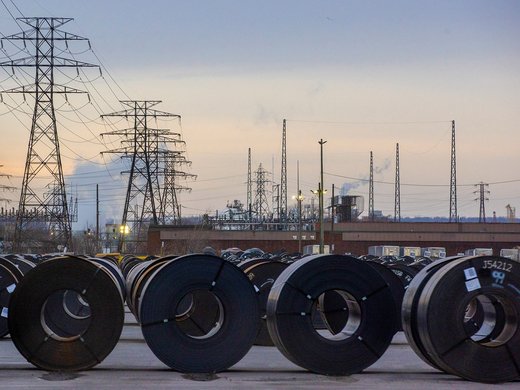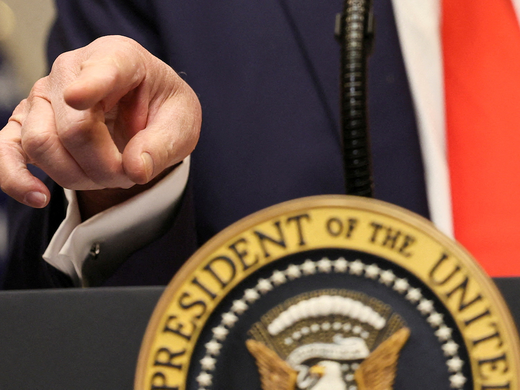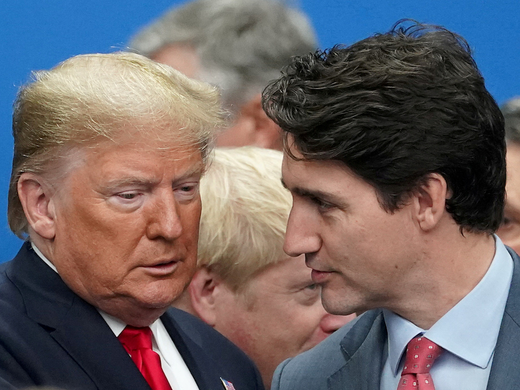This paper discusses how trade and the environment can intersect in the case of carbon taxes. Carbon taxes become relevant for international trade when they are coupled with border tax adjustment (BTA) legislation for imported products. BTAs are optional taxes or duties imposed on imports in order to ensure similar market conditions for similar domestic and imported products, when the domestic products are already taxed nationally. BTAs, in the case of products with a high carbon footprint, are equivalent to taxation imposed on similar domestic products with the same amounts of CO2 emitted during their production. BTAs are intended to level the playing field between domestic and foreign products. Such tax schemes, if not designed properly, can be found to violate a country’s international commitments before the World Trade Organization (WTO).
This paper argues that environmentally conscious governments can impose a WTO-compatible BTA to offset domestic CO2 legislation, following a set of requirements laid out in the main WTO agreement, the General Agreement on Tariffs and Trade (GATT). In order to benefit from the WTO-compatible offsetting BTA, federal governments need to engage in coordinated efforts to harmonize treatment of high CO2 emitters domestically, since domestic industries will not bear the burden of environmental regulation alone.


